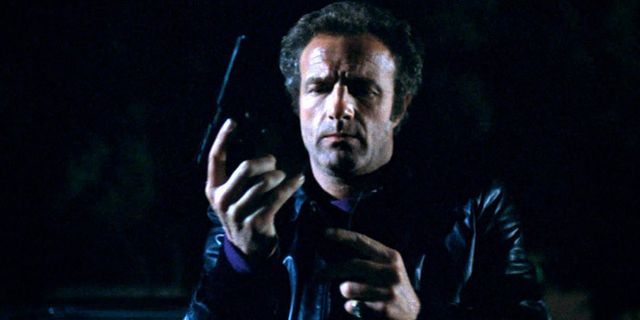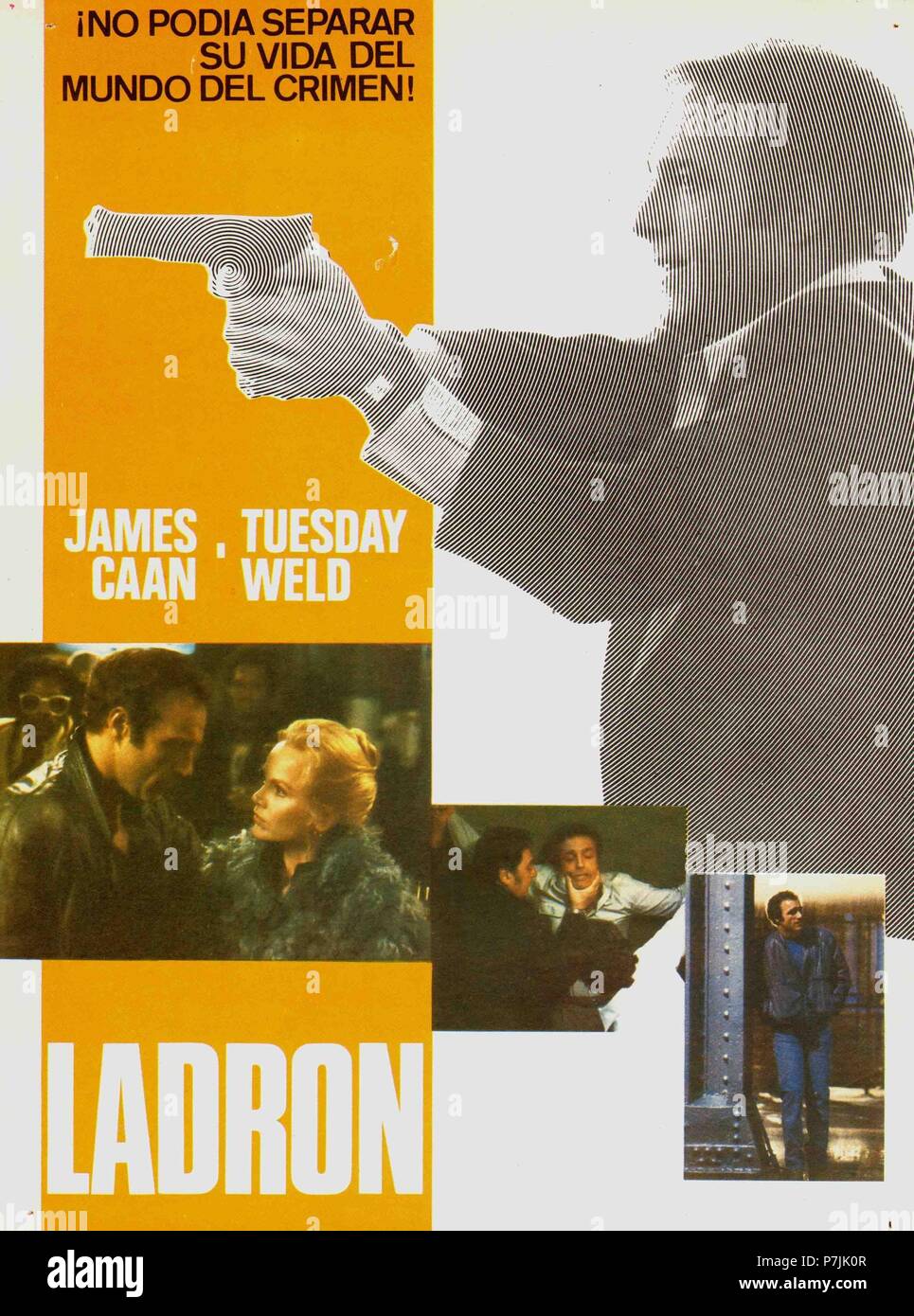
It is a story of a thief with principals shaped in foster homes and prison cells who will set his dreams ablaze for the sake of them–and for revenge. It is the story of a man who has spent his entire life on the outside looking in, a man who takes great pride in his work but can barely speak of it.
#Michael mann thief 1981 movie
Yet, for all that (and one of the greatest heist sequences in movie history in which the industrial arts inform the cinematic) Thief is essentially a tragic character study, wrapped in the trappings of a neo-noir. Signatures like wet streets with neon colors reflecting off them, elegant camera work capturing the frailty of life through the lens of grindhouse spectacle and intricate attention to the art of the heist and sporadic violence, all of it set to a pulsing, synthesized soundtrack.
#Michael mann thief 1981 series
It is fun to watch Mann’s directorial signatures taking shape before anyone knew who he was. After writing and directing the Primetime Emmy Award-winning television movie The Jericho Mile (1979), Mann made his feature-film directorial debut with Thief (1981), followed by executive producing the television series Miami Vice (1984). Seybold served as a consultant to the film while he was being hunted by the FBI. Michael Mann takes these familiar troupes of noir and runs with them in Thief, starting with his own screenplay that borrows from the memoir of jewel thief, John Allen Seybold’s Home Invaders: Confessions of a Cat Burglar. Jessie tells him she can’t have children. It is the one thing that slows the dogged pursuit of his own self doubt. Frank assures her that he is one big heist away from being able to retire in style.Īnd style is very important to Frank. Jessie too, has a criminal past that she has been keeping at a respectable distance. Her name is Jessie (Tuesday Weld) and Frank pursues her immediately, with blatant determination so honest, so desperate that she agrees to be his soulmate on a whim. There is an attraction, a familiarity, though they do not know each other. To that end he becomes acquainted with a pretty cashier/hostess in the cafe where he takes his meals.

And he stays clear of the mob.įrank lives very comfortably. He deals only in cash and diamonds that he procures with a skeleton crew of trusted professionals in elaborate, carefully orchestrated heists. The only footsteps he hears behind him are from Father Time.įrank, takes down big scores. In Michael Mann’s 1981 debut feature film, Thief (1981), Caan’s “Frank” is a career criminal on top of his game. And that made him a blue-collar superstar in the late 60’s to the early 80’s and fueled his resurgence in the 90’s. A tender heart and a threadbare vulnerability differentiated him and his characters, making it almost impossible to root against them and–existentially–him.

James Caan is one of many Hollywood tough guys–on screen and off. …And if my mother was alive, she’d be his age now, which is 80. I don’t know much about his life other than he was born and reared in the Bronx and that he has a reputation of being a tough guy. And next thing you know, I’ve got the part.I grew up with James Caan, in a manner of speaking that is to say, I grew up with him the way we all did…while watching his films. He didn’t comment, he just said, “Uh-huh.” I read and then he introduced me to James Caan, who was doing pushups. I think Michael liked both of those things. And two, I get to kiss a woman’s breasts.” It was described that I jump in the water with my wife and I pull down her and I put my mouth on her breasts. And before I read, he said, “What do you like about the script?” And I said, “Well, I like two things.

I sat in the hotel suite and I read the scenes with him. When I read it I said, “No, I can’t do that.” And she said, “No, no. I grow pot now, so what the fuck.Īnyway, my agent, she was wonderful. I’ve been killed and I’ve killed in movies. I mean, I’ve danced and sang on Broadway. I’ve always been involved in, but comedy is more where I’m recognized. So I was at the Goodman Theatre when Michael was doing his casting. JIM BELUSHI (“BARRY”): I was at the Goodman Theatre doing Richard Nelson’s adaptation of Brecht’s Bal. That was until a fateful audition with Michael Mann, who cast him as Barry in Thief. But a significant film role had eluded him. By 1980, the young actor honed his skills at prestigious institutions like Second City and the Goodman Theatre, and even appeared as regular on two ill-fated sitcoms. Following in the steps of his brother John, Jim Belushi began his career as an actor by working in Chicago’s thriving theater scene.


 0 kommentar(er)
0 kommentar(er)
